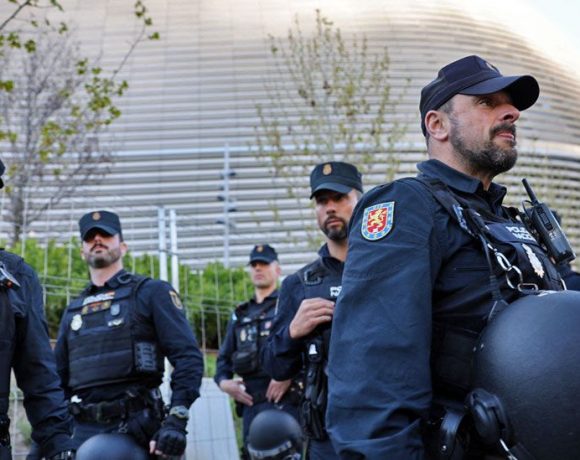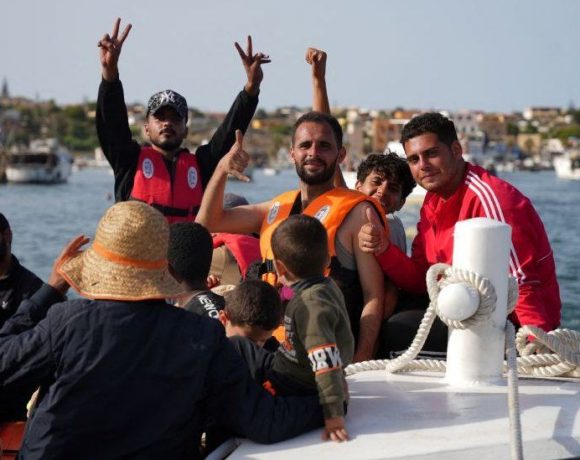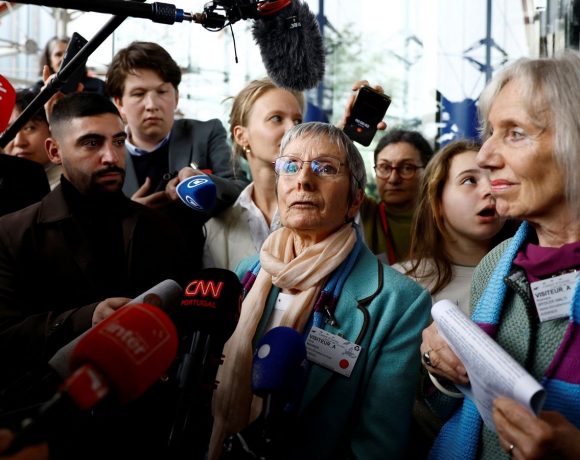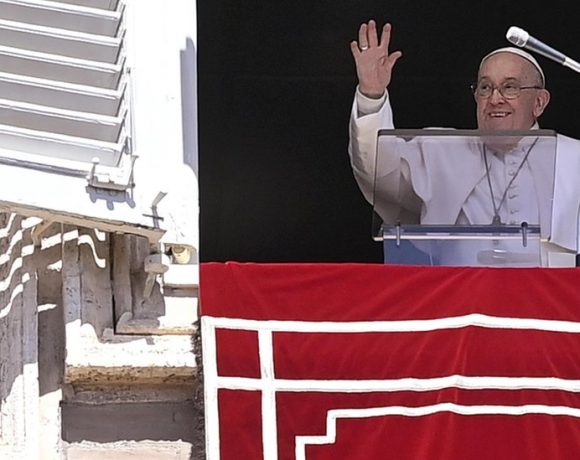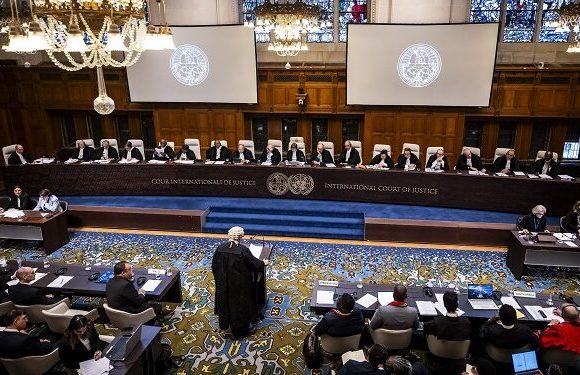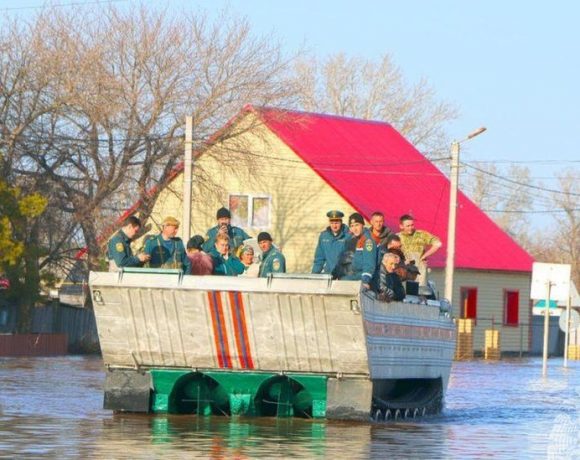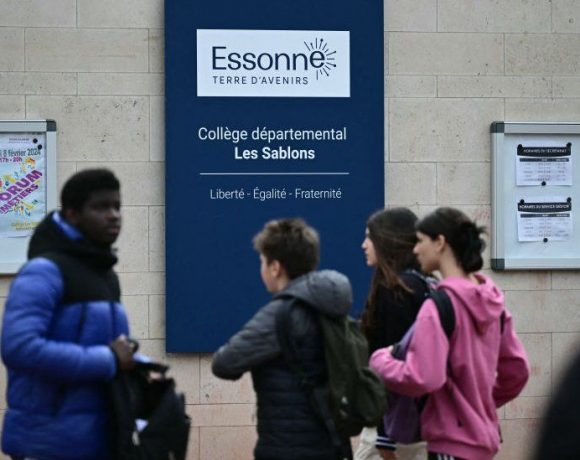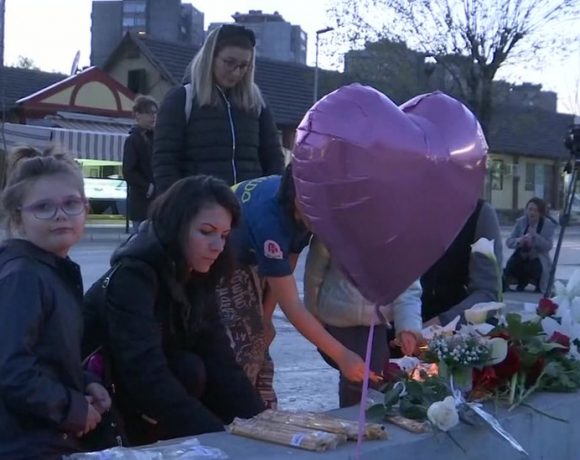
Poland’s MPs recently engaged in a significant debate over potentially granting women the right to abortion on demand, marking a departure from discussions of the sort in over three decades. Despite expectations of strong emotions given Poland’s devout Catholicism, the attendance was notably sparse, with many MPs from both the opposition and government failing to show up.
Although women constitute only 29% of the Sejm, the lower house of parliament, the majority of speakers in the debate were women. The discussion revolved around potentially liberalizing one of the EU’s strictest abortion laws, which currently permits the procedure only in cases of maternal health risk, rape, or incest.
While public opinion increasingly supports expanded abortion access, politicians have been hesitant to act. The previous Law and Justice-led government, supported by the Catholic Church, had actually tightened abortion restrictions in 2020, sparking widespread protests across the nation.
The ruling by the Constitutional Tribunal, which deemed abortion due to severe and irreversible fetal abnormalities unconstitutional, led to outrage and sustained demonstrations. Several women have died in hospitals since then, as doctors refused to perform necessary abortions, even when the mother’s life was at risk.
Outside the parliament, anti-abortion protesters expressed their views in stark terms, likening liberal ministers to Adolf Hitler and employing provocative imagery. Inside, MPs presented contrasting viewpoints, with some arguing for abortion as a woman’s right, while others contended that it’s not universally supported among Polish women.
Prime Minister Donald Tusk has committed to introducing abortion on demand, but his coalition government is divided over the extent of liberalization. Various proposals, ranging from abortion up to 12 weeks to decriminalization of abortion assistance, have been put forward by different factions within the coalition.
However, achieving consensus on this contentious issue won’t be easy, with opposition from conservative elements and the potential for a presidential veto by Andrzej Duda, who aligns with Catholic beliefs. Ultimately, the fate of these proposals remains uncertain pending further parliamentary deliberation and potential presidential intervention.
Picture Courtesy: Google/images are subject to copyright

